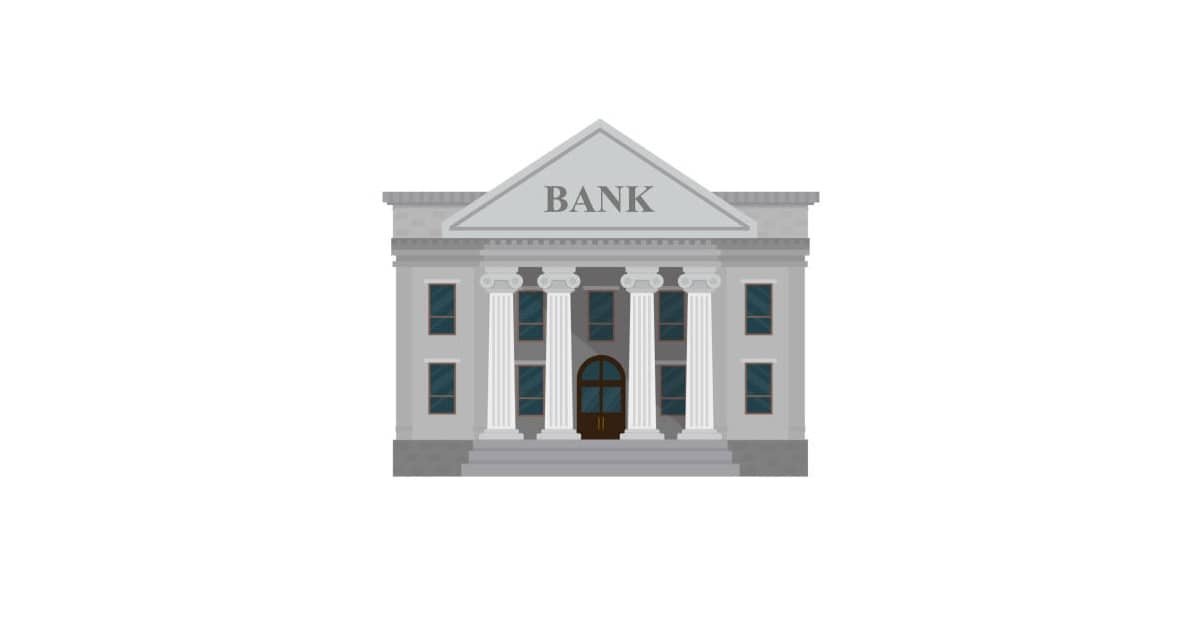BANK
Banking occupies one of the most important positions in the modern economic world. It is necessary for trade and industry. Hence it is one of the great agencies of commerce. Although banking in one form k another has been in existence from very early times, modern banking is of recent origin. It is one of the results of the Industrial Revolution and the child of economic necessity. Its presence is very helpful to the economic activity and industrial progress of a country.
Meaning of Bank
A commercial bank e a profit seeking business firm, dealing in money and credit. It is a financial institution dealing in money in the sense that it accepts deposits of money from the public to 66ep them in its custody for safety. So also, it deals in credit, i.e. it creates credit by making advances out of the Rinds received as deposits to needy people. It thus, functions as a mobiliser of saving in the economy. A bank is, therefore like a reservoir into which flow the savings, the idle surplus money of I households and from which loans are given on interest to businessmen and others who need them for investment or productive uses.
Definition of Bank
The term ‘Bank’ has been defined in different ways by different economists. A few definitions are;
According to Walter Leaf “A bank is a person or corporation which holds itself out to receive from the public, deposits payable on demand by cheque.”
Horace White has defined a bank. As a manufacture of credit and a machine for facilitating exchange.”
According to Prof. Kinley, “A bank is an establishment which makes to individual such advantages of money as may be required and safely made, and to which individuals entrust money when not required by them for use.”
The Banking Companies Act of India defines Bank as “A Bank is a financial institution which accepts money from the public for the purpose of lending or investment repayable on demand or otherwise withdrawable by cheques, drafts or order or otherwise.” Thus, we can say that a bank is a financial institution which deals in debts and credits. It accepts deposits, lends money and also creates money. It bridges the gap between the savers and borrowers. Banks are out merely traders in money but also in an important sense manufacturers of money.
